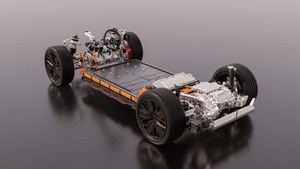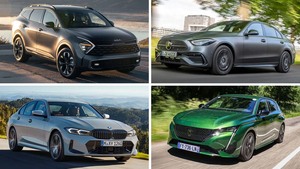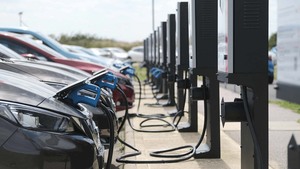Is the the end of the road ahead for hydrogen?
A new study published in the peer-reviewed journal Nature has confirmed what the fleet industry has been thinking for a while. Vehicles with hydrogen fuel cells aren’t likely to catch up to battery-electric vehicles – even for commercial trucks.
The fleet industry has been divided on solutions to remove emissions from their products.
Most have been betting on battery-electric vehicles (BEV), but a few automakers have insisted on trying to make fuel cell hydrogen powertrains work.
Toyota, Hyundai, and GM have been the most resistant in giving up on the technology, which also can achieve zero-emission transport, but it is much less efficient than BEVs.
For passenger cars, it is already game over for fuel cells (FCEV).
Some of the biggest FCEV programs in the world, like the Toyota Mirai and Hyundai Nexo, have failed to gain any reactions after years and billions invested in them.
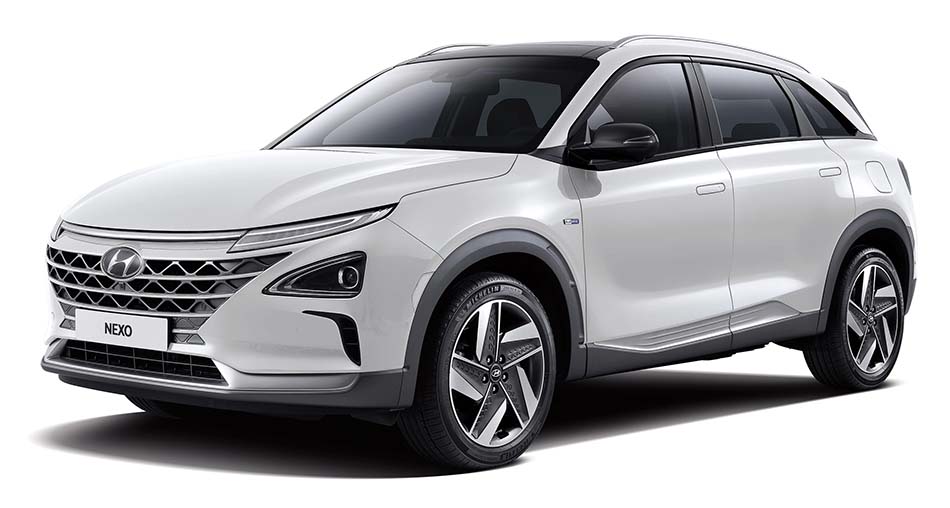
Aside from the full energy cycle of FCEVs being so much less efficient (three times less efficient), the infrastructure seems to be the main problem.
Both BEVs and FCEVs have infrastructure problems, but BEVs have the great advantage of having to build on an already extensive electric grid infrastructure. Every electric outlet in the world is a potential charging station.
The only challenge is to build more conventional fast-charging stations, which is not a small challenge. It is however, much easier than building an entire hydrogen production, transport, storage, and distribution industry.
Hydrogen fuel cells vs BEV energy capture
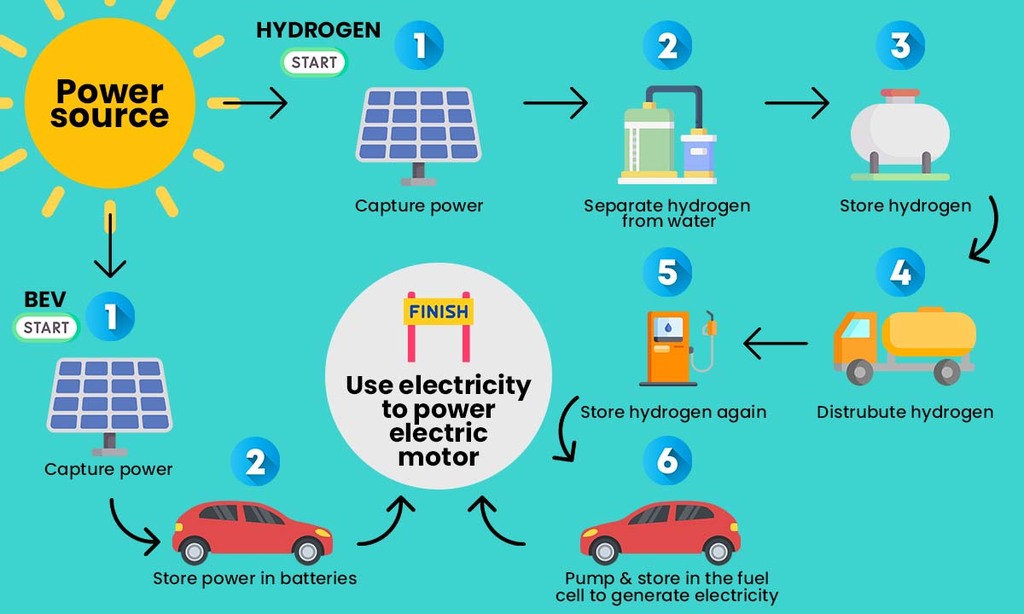
Also, most EV charging is done at home overnight, which is not the case for vehicles with hydrogen fuel cells.
Where FCEVs still had a chance was with commercial trucks, but now a new study even throws some cold water on that. A new study from Patrick Plötz at the Fraunhofer Institute for Systems and Innovation Research ISI, Karlsruhe, Germany published a new study in Nature.
Titled ‘Hydrogen technology is unlikely to play a major role in sustainable road transport,’ the study uses data to show that hydrogen fuel cell vehicles are not likely to ever catch up to battery-electric vehicles:
“Technical and economic developments in battery and fast-charging technologies could soon make fuel cell electric vehicles, which run on hydrogen, superfluous in road transport.”
The study points to even commercial trucks not being likely to give fuel cell powertrains a chance in the long term:
“The current challenge for battery-electric vehicles is long-haul logistic operation (with an average of 100,000 km per year) and transport of very heavy goods (which implies high energy consumption per kilometer). This is the use case often discussed for hydrogen trucks. Several truck manufacturers, as well as fuel cell and infrastructure providers, have joined forces and announced a target of 100,000 fuel-cell trucks on European roads by 2030. But this seems very unlikely when contrasted with announcements from the companies about the earliest start date for the production of commercial series fuel cell electric trucks being in 2027. By that time, the second-generation battery-electric vehicles will already be commercially available and in operation.”
What about trucks?
Some truck makers, like Nikola Motors, claim that they will have production FCEV semi-trucks available sooner than in 2027 (2023-24), but even it has slowly been moving toward battery-electric vehicles.
The company first started as a natural gas truck company, then it transitioned to fuel cell hydrogen vehicles, then a mix of fuel cell hydrogen and battery-electric. Today the company’s first truck to market is a battery-electric truck – years ahead of its FCEV programs.
The study notes that with the new megawatt charging standard for battery-electric trucks and advancements in battery technology, the next generation of electric trucks is likely to leave hydrogen fuel cells behind.
Recent sales data
The improved range of BEVs and a clear sense of direction in the new vehicle market are leading environmentally-focused fleets towards a direct transition to pure electric models.
| Country | 2021 Sales | % BEV | % PHEV |
|---|---|---|---|
| Germany | 2,622,132 | 14% | 12% |
| France | 1,659,003 | 10% | 8% |
| UK | 1,647,181 | 12% | 7% |
| Italy | 1,462,141 | 5% | 5% |
| Spain | 883,158 | 3% | 5% |
| Poland | 446,418 | 2% | 2% |
| Netherlands | 322,857 | 20% | 10% |
| Sweden | 303,294 | 19% | 26% |
| Belgium | 390,269 | 6% | 12% |
| Austria | 244,585 | 14% | 6% |
| Czech Republic | 206,875 | 1% | 2% |
And OEMs are following this pattern. There are seven BEVs in Europe’s small car segment but no PHEVs, while Mercedes-Benz have announced that: “Investments into combustion engines and plug-in hybrid technologies will drop by 80% between 2019 and 2026,” as it transforms its capital allocation from EV-first to EV-only. Another nail in the coffin for Hydrogen fuel cells?
Certainly for passenger cars, battery technology seems to be the most efficient. With upcoming tax changes for company cars in Belgium, electrifying your fleet should be high (if not first) on your priority list. Moving to electric could also have a positive impact on delivery terms, since most OEM’s are focusing on BEV’s anyway…
